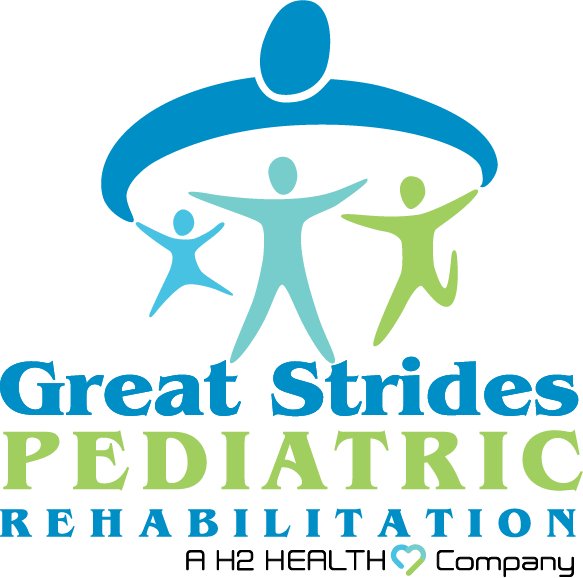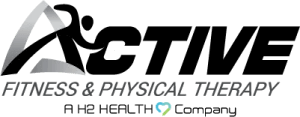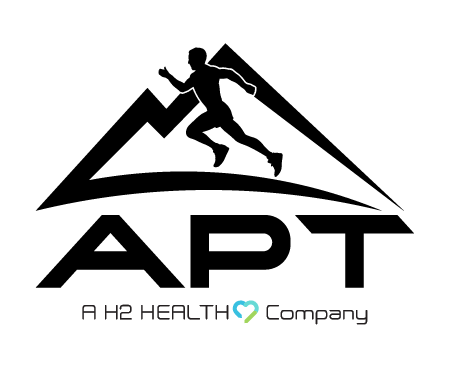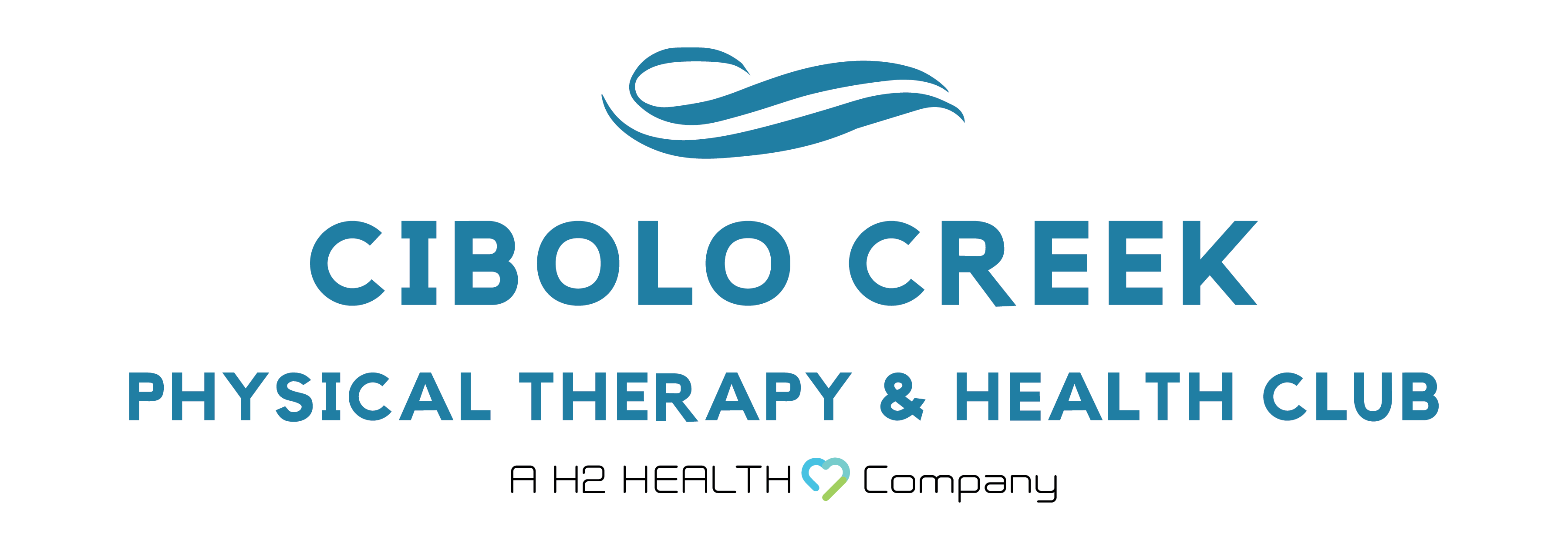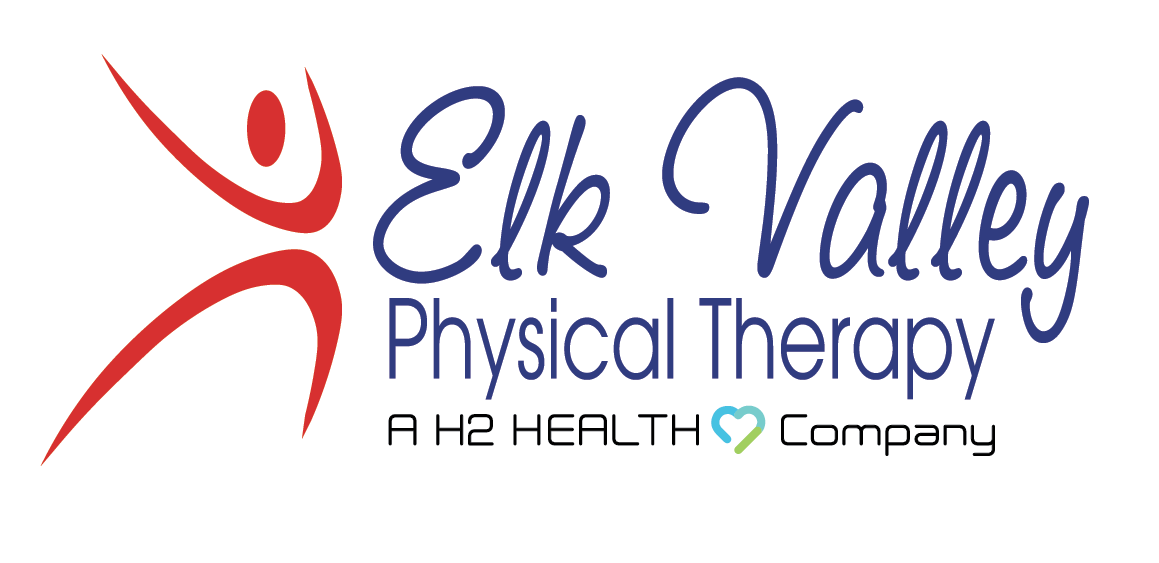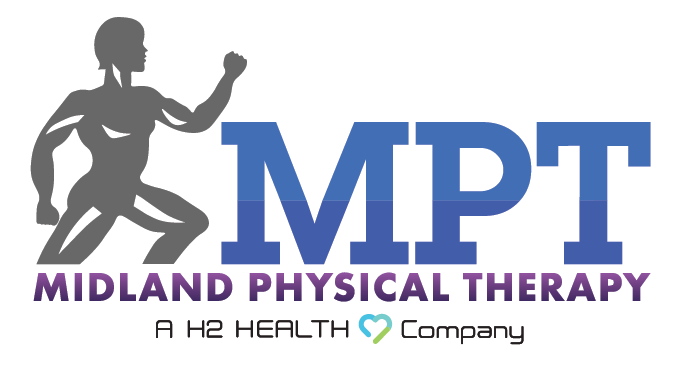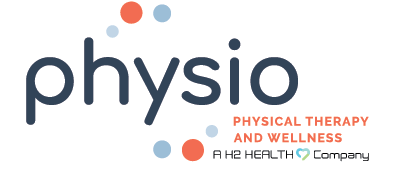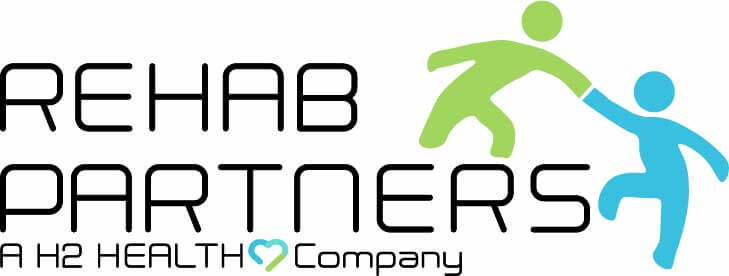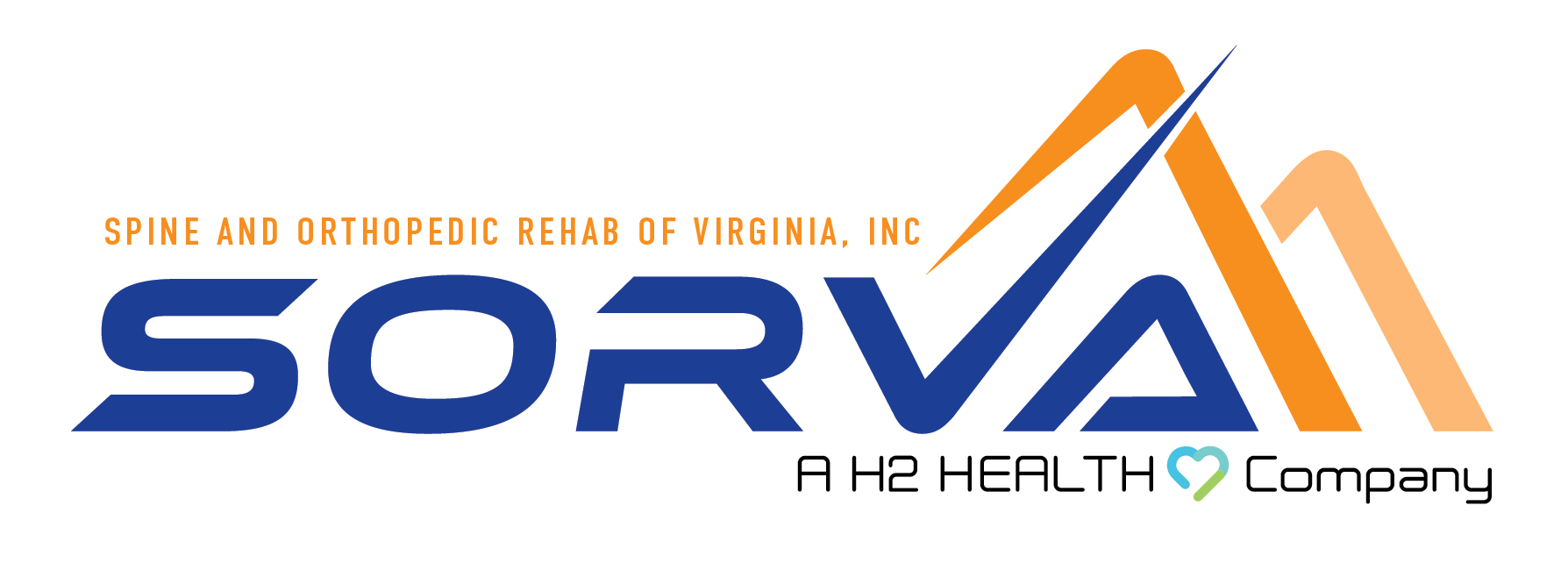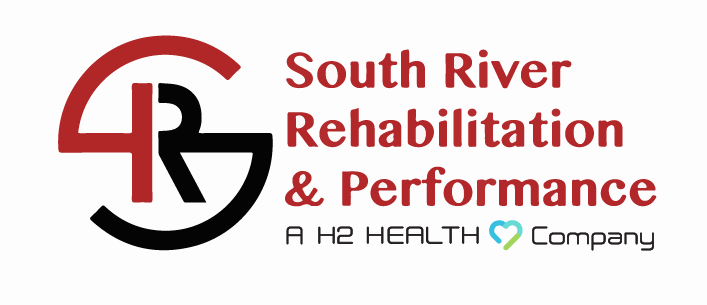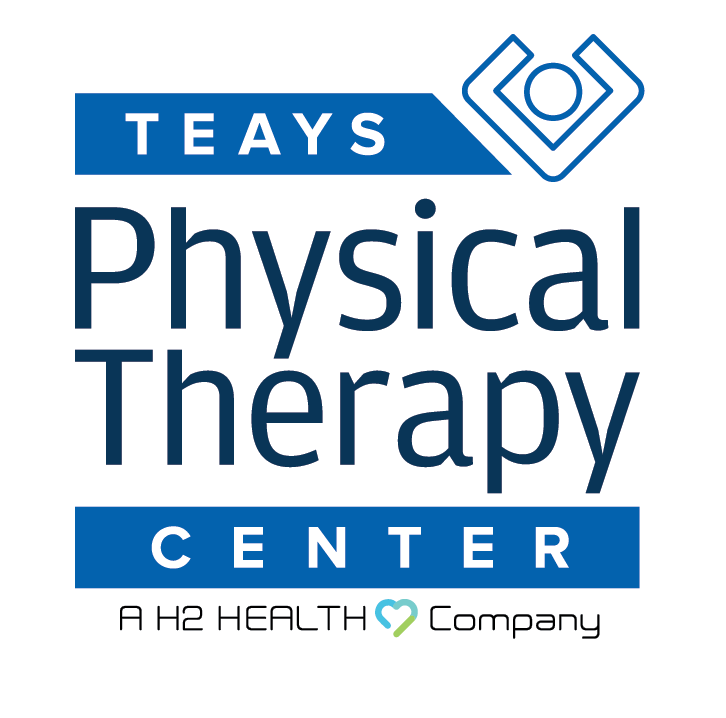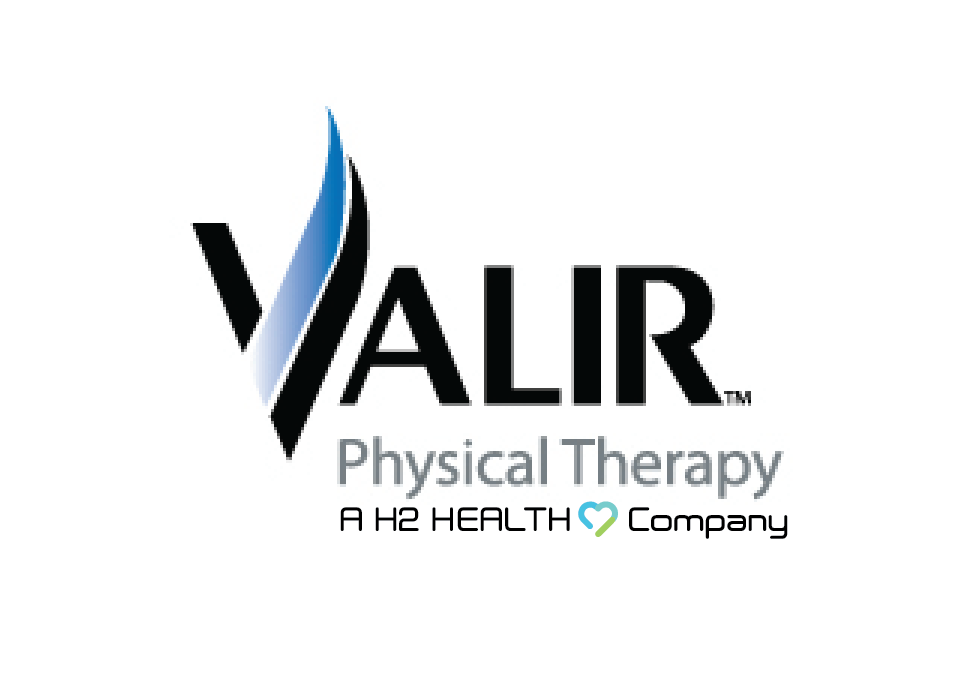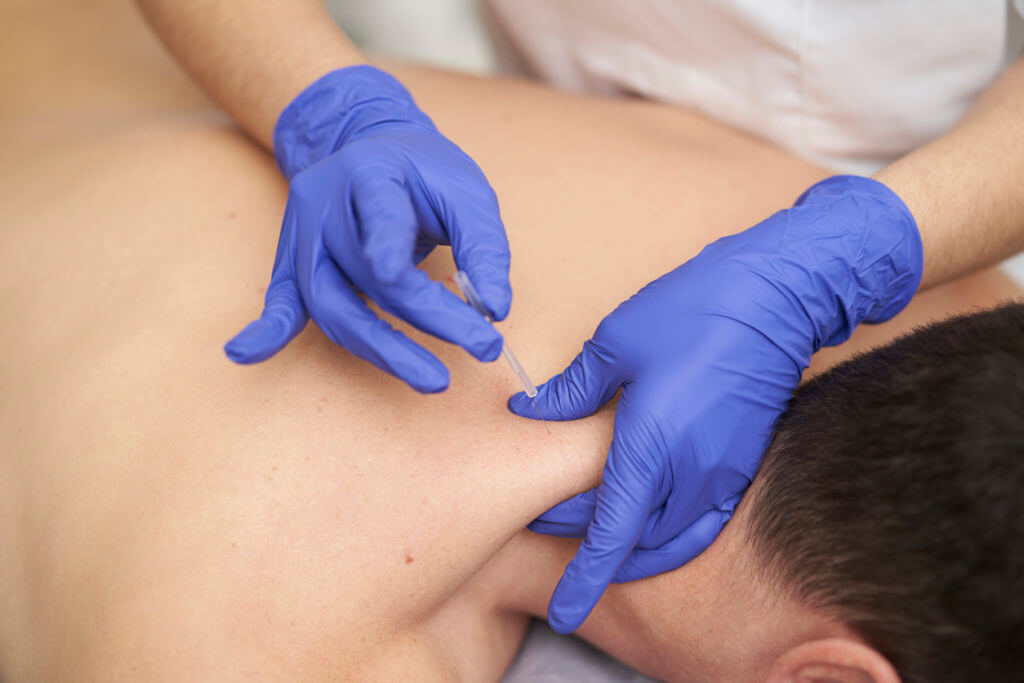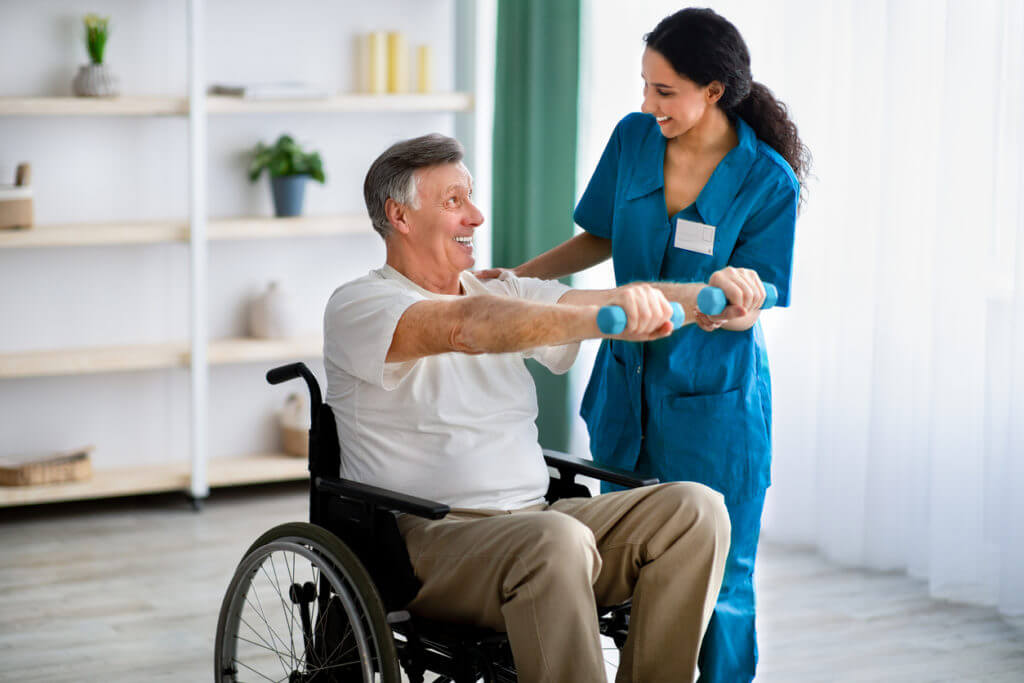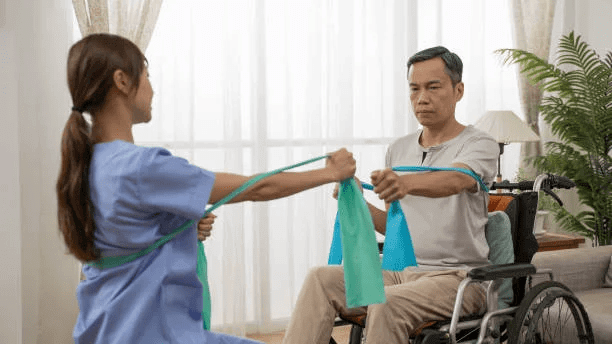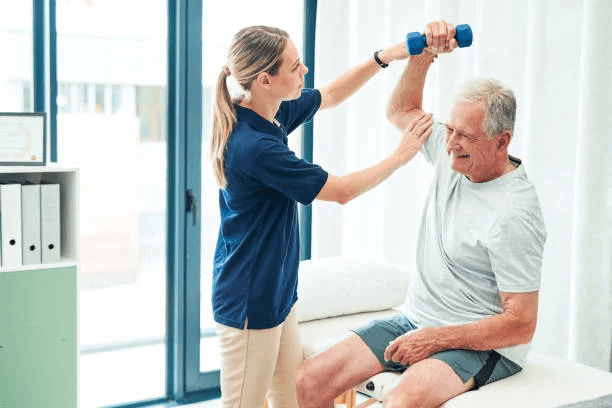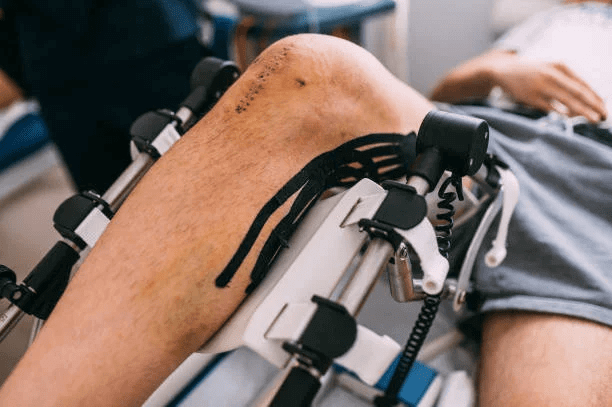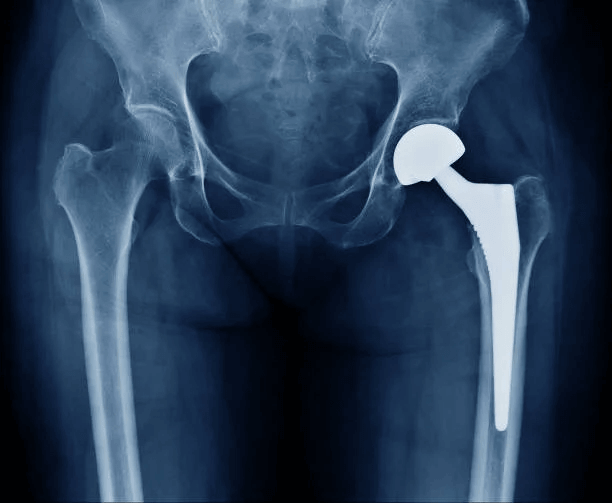Dry needling, also known as trigger point dry needling and myofascial trigger dry needling, is a popular modern treatment designed to treat myofascial pain, accelerate healing, and improve health. It is called “dry” because no solution is injected during the therapy. If you are still on the fence about whether or not to go for
Read More5 Reasons Why Having a Physical Therapist in Your Network is Good for Your Health
While you may think of having a physical therapist for severe pain or after an accident or injury, the scope of physical therapy isn’t limited to this; a physical therapist can also treat your nagging back pain and pesky headaches and even improve your overall health. A physical therapist (PT) is a medical professional who
Read MoreCervical Radiculopathy Symptoms, Causes, Treatment
Cervical radiculopathy, or a pinched nerve, is a condition where there is damage or change in the functionality of a nerve due to the compression of one of the nerve roots near the cervical vertebrae. While cervical radiculopathy can occur at any age, it is more prevalent in people aging 40-49 years who lift heavy
Read MoreHow to Choose the Best Physical Therapist for You
Whether you have surgery on the calendar, are recovering from surgery, want to kickstart your recovery after an injury, or have nagging neck, back, knee, or shoulder pain, a physical therapist can help you. A physical therapist is a medical doctor who diagnoses human body disorders and treats them through exercises, hands-on care, and patient
Read More5 Great Benefits of Physiotherapy for Rotator Cuff Injury
A physiotherapy is a form of therapy that can be incredibly beneficial for rotator cuff injuries. If you are suffering from a rotator cuff injury, physiotherapy can help to restore function and reduce pain. Let’s talk about the five great benefits of physiotherapy for rotator cuff injuries and where you can go for outstanding physiotherapy
Read More5 Questions to Ask Your Physical Therapist for Migraines
Migraines are a pain – literally. Migraine headaches affect millions of men and women every year and often require medication to reduce their occurrence. That being said, there are alternative treatments to reduce the onset of migraines, one of those alternatives being physical therapy. Physical therapy is a less traditional migraine treatment that offers many
Read More3 Things to Know Before Starting Physical Therapy After a Stroke
Physical therapy after a stroke is essential for recovery. When blood flow to the brain is cut off – which happens in a stroke – nerve cells in the brain can die. This type of damage to your central nervous system is downright disabling because it can impair your ability to move, see, speak, or
Read MorePrehabilitation Before Surgery
Do you have an upcoming surgery? When you were told you’d need surgery, was one of the first questions you asked your doctor something along the lines of “How long before I can get back to my regular routine?” We bet it was. It’s one of the top things patients facing surgery want to know. Why
Read MoreImportance Of Physical Rehabilitation After Surgery
A surgical procedure – particularly major surgery –often has a significant impact on a patient’s strength, flexibility, and range of motion. So much so that physical rehabilitation after surgery is frequently necessary. In fact, in many cases, the only way to full recovery after surgery is by working with a physical therapist (PT). Several examples
Read MoreHome Exercises You Can Do After Hip Replacement Surgery
According to the Agency for Healthcare Research and Quality, nearly half a million Americans undergo total hip replacement each year to alleviate joint pain and restore mobility. Although common, hip replacement surgery is a major procedure that requires a lot of post-surgery commitment for a full recovery. For instance, it requires weeks of physical therapy that starts
Read More
